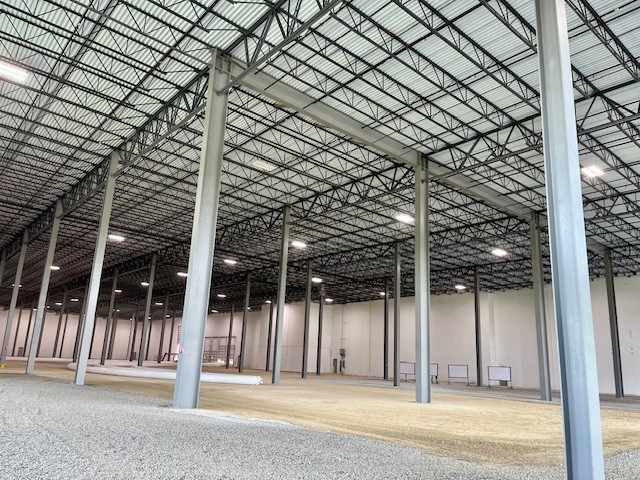Photo: Forge Nano
GM Ventures has invested $10 million in materials science company Forge Nano, which is developing Atomic Armor, a new EV battery technology.
GM and Forge Nano
Forge Nano's investment now exceeds $100 million; GM joins Volkswagen, LG, Hanwha, and Mitsui Kinzoku as shareholders.
GM and Forge Nano also signed a collaboration agreement to use Forge Nano's Atomic Layer Deposition (ALD) technology, Atomic Armor, to create thin-film adhesives to improve GM's active cathode materials. Forge Nano will build prototype lithium-ion battery cells at its headquarters in Colorado to improve GM's EV battery performance and lifespan.
Atomic Armor is a surface layer that, when applied to an EV battery, prevents corrosion, strengthens the structure, and improves performance. It results in a 20% increase in range and gives the EV battery the ability to charge quickly in 10 minutes.
Forge Nano says it plans to use the money to continue expanding its battery assembly business, including home appliance assembly services, outdoor equipment sales, and production of Atomic Armor's powerful battery cells. It will also expand its footprint in semiconductors.

Forge Battery
Forge Battery is the manufacturing business of Forge Nano, which I visited at the end of September on a press trip organized by the Economic Development Partnership of North Carolina to the state's Battery Belt.
Forge Battery is currently occupying a 277,000-square-foot facility (pictured above) leased in Morrisville, North Carolina, where it will manufacture the ALD, high-efficiency (307 Wh/kg) NMC/Si-G 21700 Li. – ion cells. (Forge Battery also has a newly built gigafactory in Raleigh, where it has begun manufacturing and shipping 300 Wh/kg Atomic Armor-powered lithium-ion cells.)
Forge Battery has told us that its target market includes heavy trucks, off-road vehicles, motorcycles, and defense.
The Morrisville site will have 1 GWh annual generating capacity by 2026 and will grow to 3 GWh annually by 2029 once it receives the power it needs from Duke Energy. Forge Battery's supply chain will initially be 90% US, with the goal of having a 100% US supply chain upon completion of the project. (10% has not been made in the US; that is taken from South Korea.)
The US Department of Energy recently awarded Forge Battery $100 million as part of the Bipartisan Infrastructure Act, and will use that money to expand its production capacity to 3 GWh/year. As we toured the huge facility, which will be made even bigger with this new money, preparations are underway for a press conference the next day when Governor Roy Cooper (D-NC) and US Department of Energy Secretary Jennifer Granholm will officially announce the funding.
That event had to be canceled due to the arrival of Hurricane Helene. We all left early, and at the time, none of us knew how great the damage would be in the western part of the region.
Read more: Forge Battery claims its 21700 EV batteries charge quickly in 10 minutes
Electrek's Take
When people ask what the Biden administration has done in the last few years, Forge Battery is a great example of the impressive domestic clean energy and EV growth that the federal government (and the state of North Carolina) is supporting. It's amazing to think that all this has happened in just a few years. Good policy gets real-world results, and it was great to see it firsthand.
Forge Nano and Forge Battery create more efficient EV batteries. This should encourage more people to use EVs. They also create direct and indirect jobs in North Carolina and elsewhere. And most importantly, the product they're building encourages people to stop burning fossil fuels that heat the world with emissions and create superstorms like Helene that destroy communities and lives.
If you're in a position to help, the state's North Carolina Disaster Relief Fund is accepting donations to support hard-hit communities.

FTC: We use auto affiliate links to earn income. More.